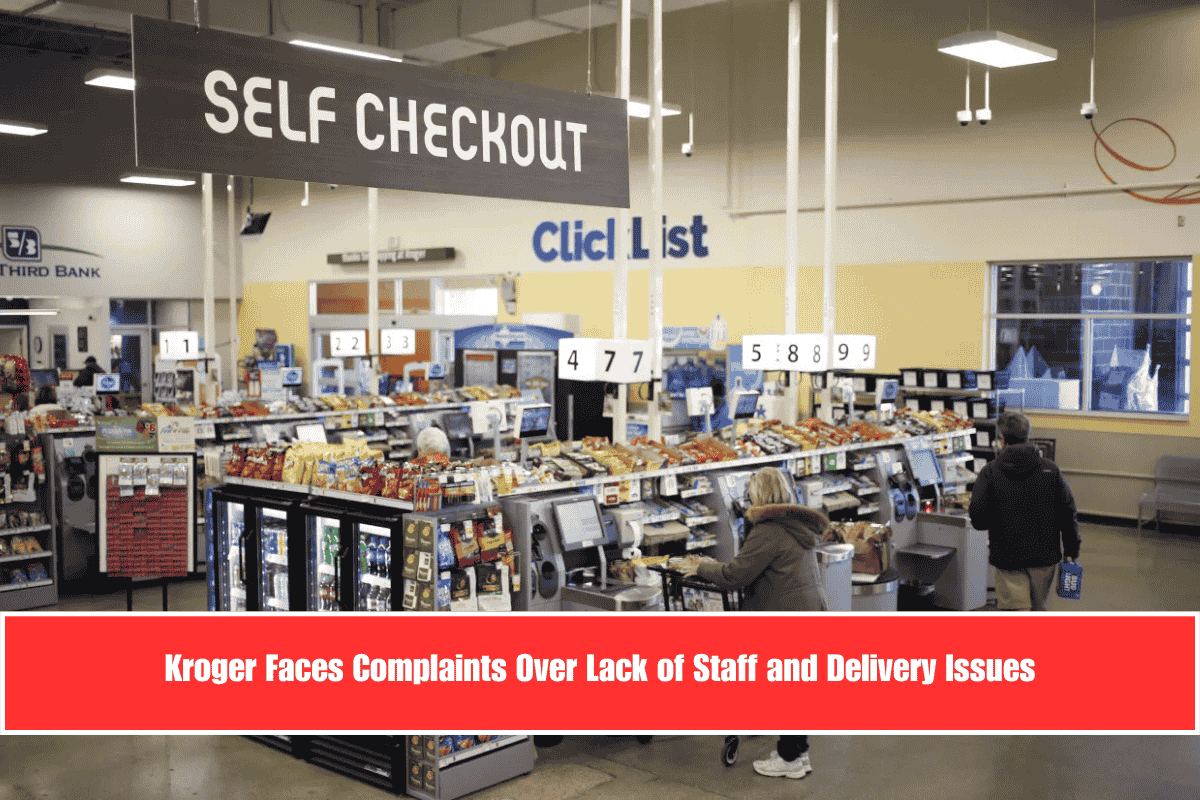For workers who are paid every other week, May is shaping up to be an exciting month with an extra payday. Thanks to a unique quirk in the calendar, May will be one of the two months this year with three paychecks for bi-weekly employees. Let’s take a look at how this works, and how you can use the extra income wisely.
What is a Triple Payday Month?
Typically, workers who are paid bi-weekly receive 26 paychecks throughout the year. Since there are only 12 months in a year, this means two months will have three paydays instead of the usual two. May is one of those months, which means workers who are on a bi-weekly payment schedule could see an extra paycheck coming their way.
When Will You Get Your Extra Paycheck?
If your last paycheck was just before Easter, you will receive three paychecks in May, typically on May 2, 16, and 30, or the closest Thursday to those dates if you’re paid weekly on Thursdays.
However, not everyone will experience a triple payday. If you received your last paycheck on April 24 (Thursday) or April 25 (Friday), you will only receive two paychecks in May.
For those who receive weekly paychecks, they will get paid five times in May, adding even more to their wallets.
When Will Your Next Triple Payday Be?
For employees who will receive three checks in May, another triple payday month will come in October. If you were paid three times in January but only two times in May, your next triple payday month will be in August. And if you’re paid on Thursdays and saw a third check in January, expect your next extra paycheck in July.
How to Use Your Extra Paycheck Wisely
Although a third paycheck can feel like a bonus, financial experts advise not to treat it as “extra” money. Instead, it’s another part of your annual income that should be planned for. Here are some smart ways to use that extra paycheck:
- Review Your Budget: First, check if your regular two paychecks cover your monthly expenses. If you’re already on track, the extra paycheck can be put toward other financial goals.
- Invest in Savings: Consider putting the third paycheck into a high-yield savings account or a certificate of deposit (CD). This is a great way to earn interest and build a financial cushion for the future.
- Pay Off Debt: If you have high-interest debt, such as credit cards, use the extra paycheck to pay it off. Reducing high-interest debt can save you money in the long run and help improve your financial stability.
- Build Your Emergency Fund: An emergency fund is essential for unexpected expenses. If you don’t have one already, the extra paycheck could be a great opportunity to start saving for emergencies.
Why It’s Important to Tackle Debt
Roughly 80% of Americans have some form of debt. For many, this can quickly add up and become overwhelming. For example, one person had $12,000 in credit card debt spread across 27 cards. Financial experts recommend taking a few key steps to avoid the “broke guy” scenario, which could include paying off high-interest debt as a priority.
Additionally, if you’re later in life and still carrying student loan debt, it’s important to create a strategy for paying it down. A “hiding” approach, where you avoid dealing with debt, only makes it grow over time, so it’s crucial to take proactive steps to reduce it.
May’s triple payday offers a wonderful opportunity to boost your financial situation, but it’s important to treat the extra money responsibly. Whether you’re putting it toward savings, paying off debt, or investing in your future, this additional income can help you achieve your long-term financial goals. By planning wisely, you can make the most of this unexpected bonus.















